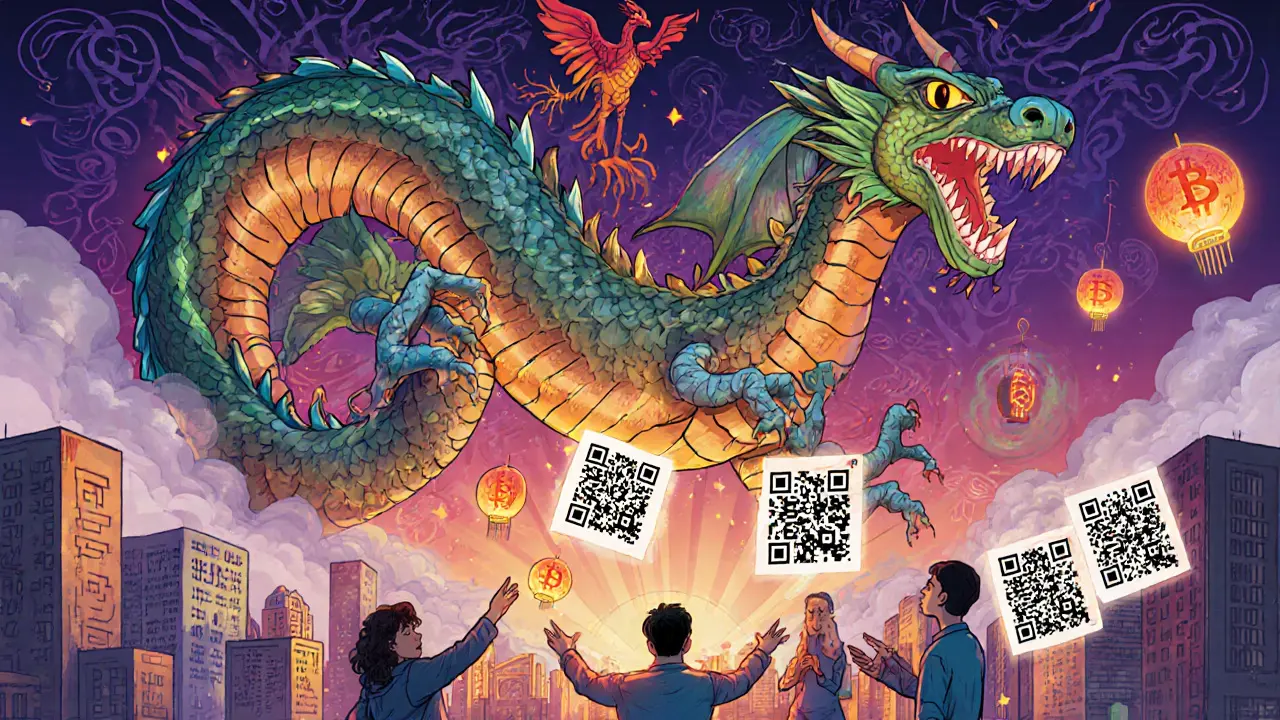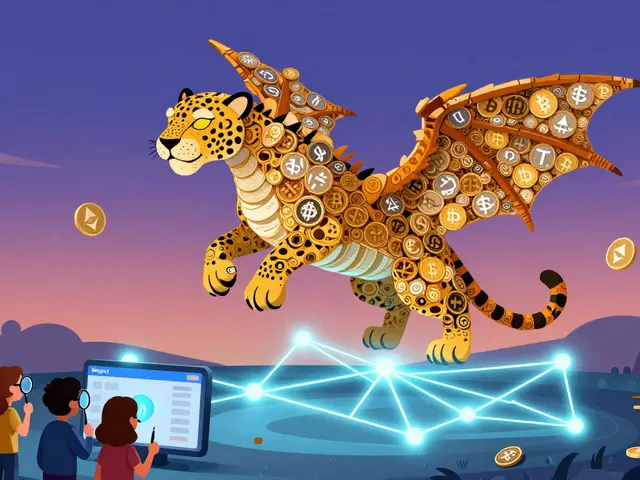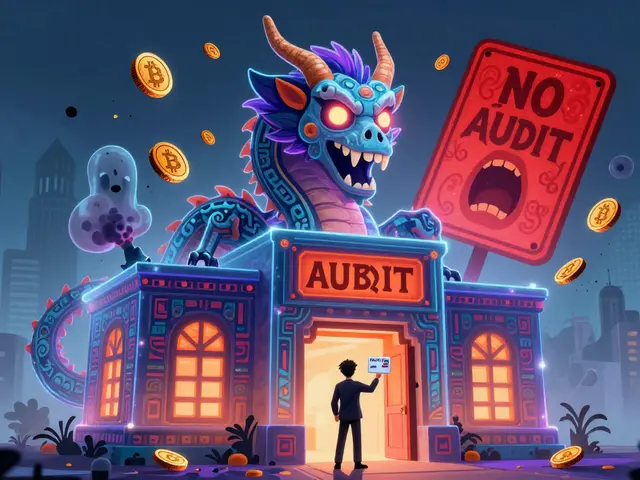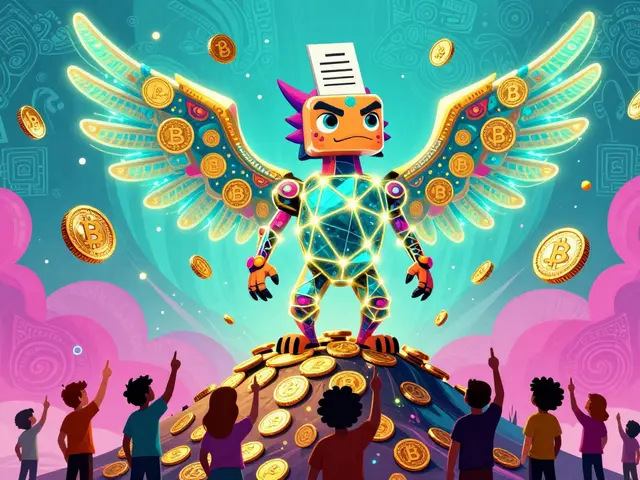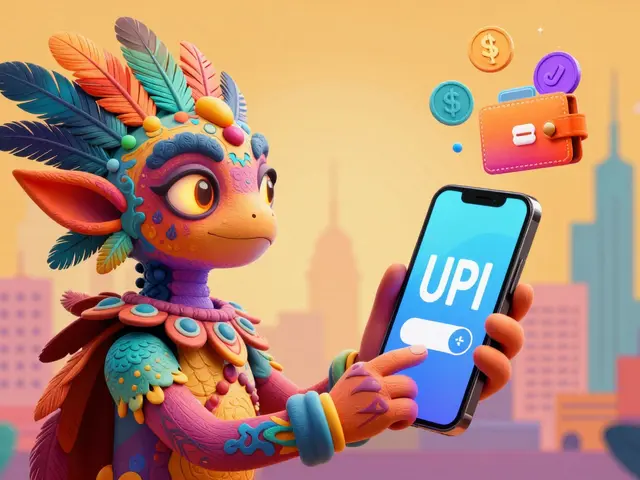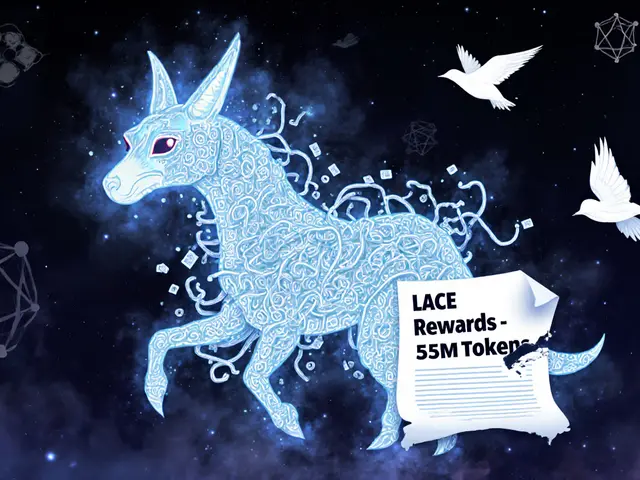E-CNY: What It Is, How It Works, and Why It Matters for Crypto Users
When you hear E-CNY, China's central bank digital currency, also known as the digital yuan. It's not Bitcoin. It's not Ethereum. It's not even a cryptocurrency in the way most people think of it. It's a digital version of the Chinese yuan, issued and fully controlled by the People's Bank of China. Think of it like cash you can only hold in your phone—except every transaction is tracked, recorded, and monitored by the state. This isn't some experimental token. It's real. Over 260 million people in China have used E-CNY in pilot programs, and it's now being tested in cross-border trade with countries like Thailand and the UAE.
What makes E-CNY different from crypto isn't the tech—it's the control. Blockchain lets you own your money. E-CNY lets the government decide how you use it. You can't send E-CNY to an unapproved wallet. You can't use it to buy banned goods. Even your spending habits can be flagged if they look "suspicious." That’s why privacy advocates warn against it. But for China, it’s a tool for financial control, tax tracking, and reducing reliance on the U.S. dollar.
Related to this are CBDCs, central bank digital currencies, which are digital versions of national currencies issued by governments. Digital currencies issued by central banks. Over 130 countries are exploring CBDCs, but only China has rolled one out at scale. The digital yuan, the official name for E-CNY, used in everyday transactions across China is the most advanced example. Meanwhile, the EU, U.S., and India are still testing. What’s clear? If you trade crypto, you’re already in the same space as E-CNY—because governments are watching, regulating, and preparing to compete.
That’s why the posts below matter. You’ll find real-world takes on how digital currencies like E-CNY affect crypto adoption, why privacy tools like mixers are under pressure, how regulations in Cyprus and Australia are tightening, and why projects like veDAO or FLY vanish when real money moves in. You’ll see how blockchain voting, POAPs, and security tokens all sit at the edge of this shift—where decentralized ideals meet centralized control. This isn’t about speculation anymore. It’s about survival. If you hold crypto, you need to understand what E-CNY is doing—and what it might mean for your wallet next.
